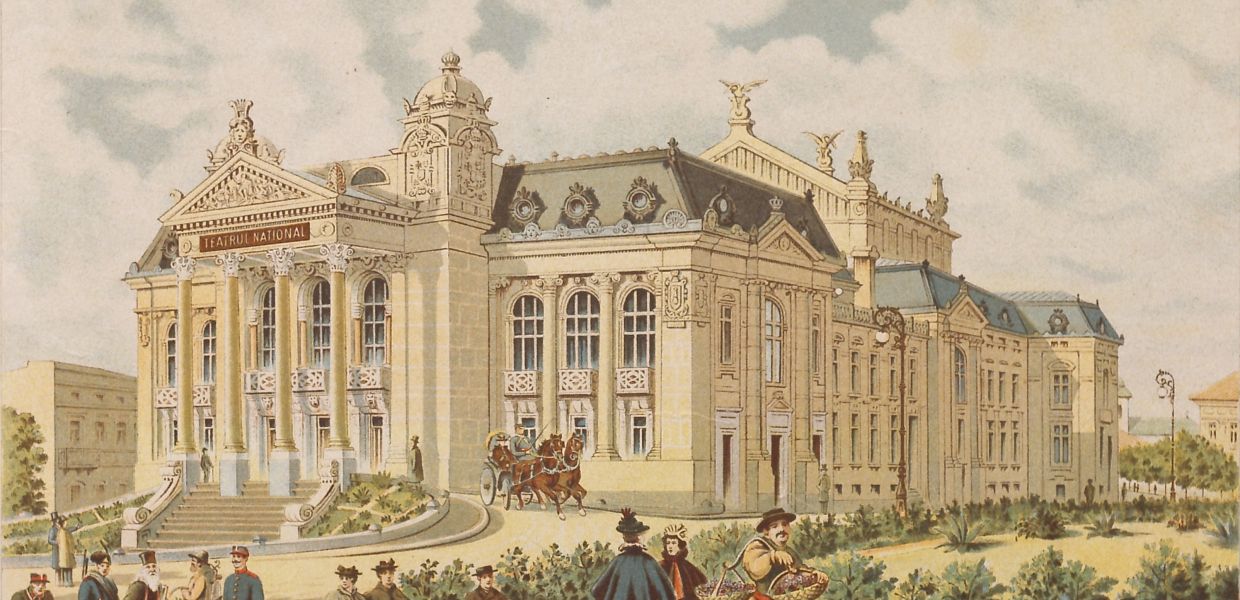During the meeting, delegates were invited to share their own perspectives with each other through a series of structured workshops, and to listen to a range of presentations and panel discussion from invited experts.
The principal challenges for all countries are identified as the scaling up of facilities to be more effective,
efficient and enable collections to be linked together to facilitate use.Together, delegates developed a broad set of recommendations for developing a common strategic approach.
National strategies give impetus to the digital transformation of the European Cultural Heritage sector, and should:
- Articulate the impact of its implementation
- Be supported by a policy environment that facilitates the necessary changes
- Be transparent and measurable.
Integrating the adoption of international standards enables digital transformation and should be supported by:
- Local translation of standards and supporting resources
- Pan-sector events to facilitate knowledge-sharing.
Facilitating co-creation engages stakeholders to deliver sustainable and effective mechanisms towards achieving digital transformation and should be supported by:
- Ensuring local cultures, traditions and perspectives are shared
- Nurturing personal and collective responsibility for success
- Providing opportunities for the professional advancement of skills and knowledge.
To facilitate the implementation of the recommendations, delegates identified a series of actions for Ministries, the Europeana Initiative and cultural heritage institutions to undertake.
Download and read the Full Recommendations paper below. If you want to use these recommendations in your own presentations, you can also download a pdf slide deck describing the Recommendations below, or see a Google Slides version.


